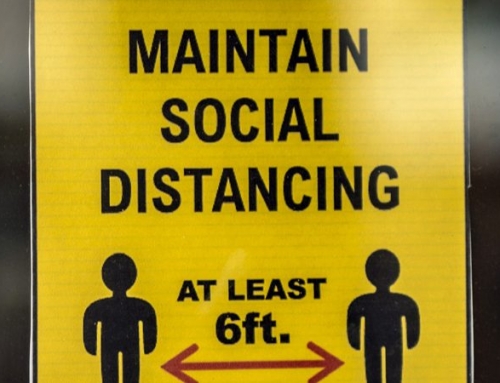Since the global pandemic has caused the vast majority of offline businesses to close or severely reduce their trading activity, we thought it would be a good idea to offer you some tips on how to help this type of organisation make the best of a bad situation by going digital. Though these tips are not an exhaustive list, they may help you adopt a more positive outlook on the current economic situation. Remember this situation is temporary and the world’s governments are currently doing everything they can to make sure that the world can open for business again as soon as possible.
1. Drinks Deliveries
For bars, especially those who specialise in craft beers and artisanal wines, times will be particularly tough in the coming months. In the UK, many of these companies have seized the opportunity to capitalise on a delivery only services. Providing you adhere to strict health, safety and cleanliness regulations, you should still be able to deliver alcoholic beverages to your customers without having to deal with face to face to contact. Payments can take place online and delivery drivers can leave any packages outside of a person’s door without risking infection.
2. Virtual Teaching
For language teachers, yoga instructors, music tutors and anybody else who makes a living from face to face interactions in an educational setting, this period in time has been particularly challenging. Many people are turning to video conferencing and online sessions as a way of maintaining some form of income. Though there are obvious limitations to working this way, it does mean that you can avoid shutting up shop completely while offering sessions to your existing clients on a limited basis. Charging for virtual appointments that you carry out via webcam is a short-term way of keeping in touch and making a little money.
3. Food Delivery
For restaurants, cafes and delis, footfall has dropped to zero, meaning that other ways of making an income are now essential if they want to continue functioning. Delivering takeaway food is still legal in the UK and some parts of Europe and the USA, so offering this service can be a great way of maintaining at least some form of income in the short term. Offering delivery of specific food stuffs such as vegan or gluten free options could be particularly profitable as these types of items have already become quite scarce in most supermarkets.
4. Online Counselling and Therapy
Face to face interaction is an essential part of any talking therapy or counselling session but as this is now strictly forbidden under the current laws, many professionals in this sector are turning to online options as a way of helping their clients. By reducing prices and scheduling existing appointments to take place by webchat, cam or other means, those with mental health issues or anybody who needs advice and guidance can still access this type of service if they need to. Security and encryption are particularly important considerations for this type of work.
5. Repairs and Diagnostics
Broken laptops, games consoles, phones and other devices generally need to be fixed in person, but as these things are not currently considered essential items, most businesses who offer these services are now closed. One potential option for to generate income online is to offer virtual diagnostic and repair sessions, advising and guiding customers on how to carry out basic repairs themselves in return for a reduced fee. This may not be practical for every situation, but it could provide a little bit of income in the short term.
6. Performers and Musicians
People who work in the arts and entertainment sectors have been hit particularly hard by the covid-19 outbreak as all of the venues and spaces they use to work are closed. Some people have been taking to platforms like YouTube, twitch and tiktok to keep contact with their fans and followers. Though charging for live performances is difficult to do unless you already have a loyal following, this option means you can at least maintain some level of exposure and engagement while you are unable to work in person.
7. Fitness Instructors, Marital Arts Teachers and Gym Coaches
Though all of the gyms and dojos may be closed, many professionals in health, fitness and combat sports are offering one to one or group sessions via their webcams. This limited service can never replace face to face interaction, but it can allow people to stop memberships from dwindling entirely during the lockdown period. Charging for sessions can be problematic as people will feel as if they are not getting the same value for money as they may experience in a face to face situation, but one option is to offer a “pay what you can afford” option. This may help to bring in at least a modicum of income during this difficult period.
8. Second-hand Goods Sellers
Thrift stores, second-hand goods shops and other low-cost alternatives to mainstream shopping will have been hit particularly hard by recent developments but there are a few ways this type of business could conceivably stay open. Providing you are not breaking any local laws; you can still potentially allow your customers to browse your stock online and provide a delivery service if possible. This might not be practical for those without a fleet of vehicles, but utilising national delivery services could be an option for you if this is the case.
9. Childminders and Playgroups
If you worked with children and young people on a face to face basis and are living in a country where schools and other similar spaces have been closed, offering online sessions can be an option. Though it can be difficult to keep children engaged when interacting with them online, with the help of parents and carers, you may be able to offer virtual play sessions and educational themed fun on a limited basis.






